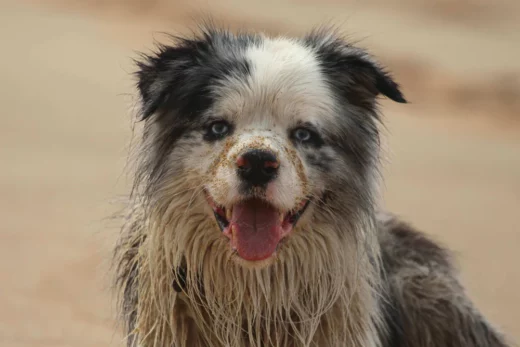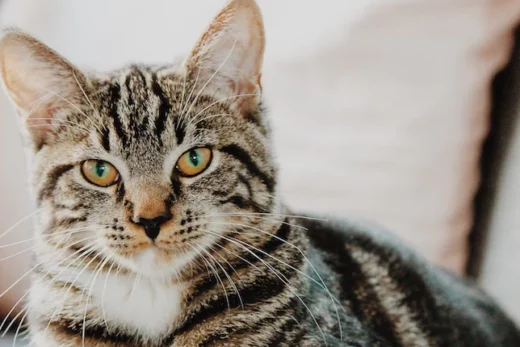Could it be that your cat’s oral health is a window into their health? While there are many measurements that can help determine how healthy your cat is, don’t be surprised when your veterinarian spends some extra time examining your cat’s oral cavity. This is because cats can experience some serious and painful dental diseases that can shorten their lives-which is why we’re going to dive into the role dental cleanings for cats can play in a cat’s overall wellbeing.
Why Do Cats Need Regular Dental Cleanings?
The idea that dogs are the only species that need dental cleanings is a myth. Even though dogs have a tooth named after them, “the canines,” dental cleanings are just as vital for cats as they are for dogs. In fact, periodontal disease (or gum disease) is the most common health problem in cats of all ages
So the fact remains: a cat’s dental health can have a huge impact on their health and happiness. These effects make regular veterinary dental cleanings a must.
Why is Prevention the Purrfect Approach to Your Cat’s Dental Health?
“The cat’s mouth is the gateway into the body. The veterinarian plays a key role in keeping cat’s teeth and gums healthy. This goes far towards a long and comfortable life. Embracing the information gained from knowing the oral biome greatly aids in tailoring specific care for each cat.”
JAN BELLOWS, DVM,
DIPACVD (CANINE AND FELINE SPECIALTY), DIPABVP
Many of these issues are difficult for vets to detect without a close inspection. And few cats enjoy showing off their pearly whites to their vets. So, when your cat is safely under anesthesia during their cleaning, your vet can take a closer look at the health of their teeth, gums, jawline, and overall mouth. This is extremely important when it comes to detecting the first signs of oral squamous cell carcinoma, a cancer of the mouth and the most common oral cancer in cats.
The Reality of Skipping Dental Cleanings for Cats
When not kept in check, tartar can lead to the weakening of teeth and the jaw. The result: a higher likelihood of broken and missing teeth, trouble eating, jaw fractures, and pain. Additionally, recent studies show a correlation between gum disease and an increased risk for systemic diseases for pets.
How does your cat’s gumline affect their internal health?
When plaque and tartar build-up along your cat’s gum line causing gingivitis, the body sends white blood cells to the area to combat the problem. Over time, this erodes the gums, creating a pocket for bacteria in the mouth to sneak into your cat’s bloodstream. From there, the bacteria travel through the body wreaking havoc as they go. The kidneys, liver, and heart tend to be the most susceptible to the effects of these bacteria leading to systemic infection and disease. So, when your vet removes plaque and tartar around your cat’s gum line, they’re doing more than improving your cat’s breath. They’re helping prevent organ disease.





